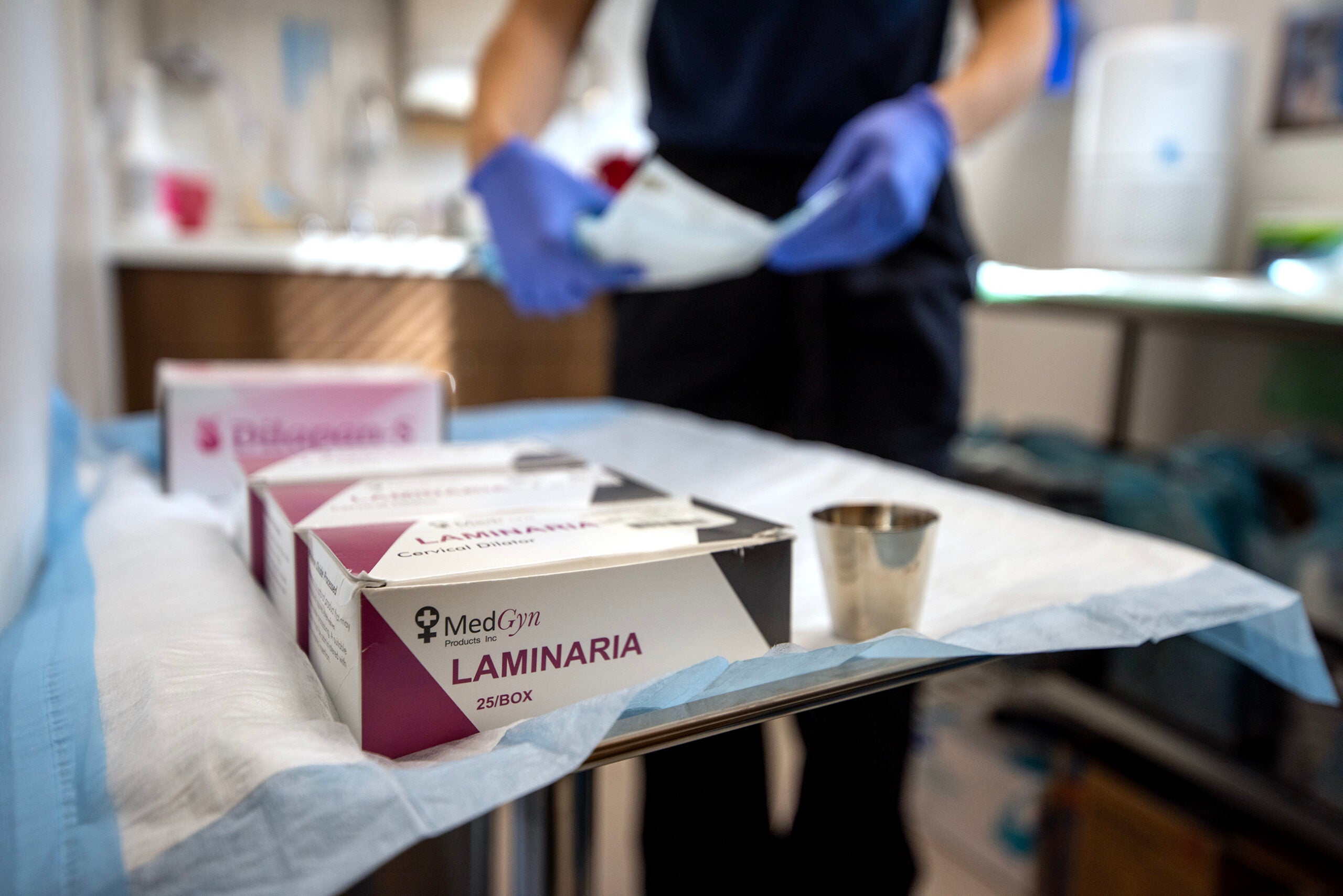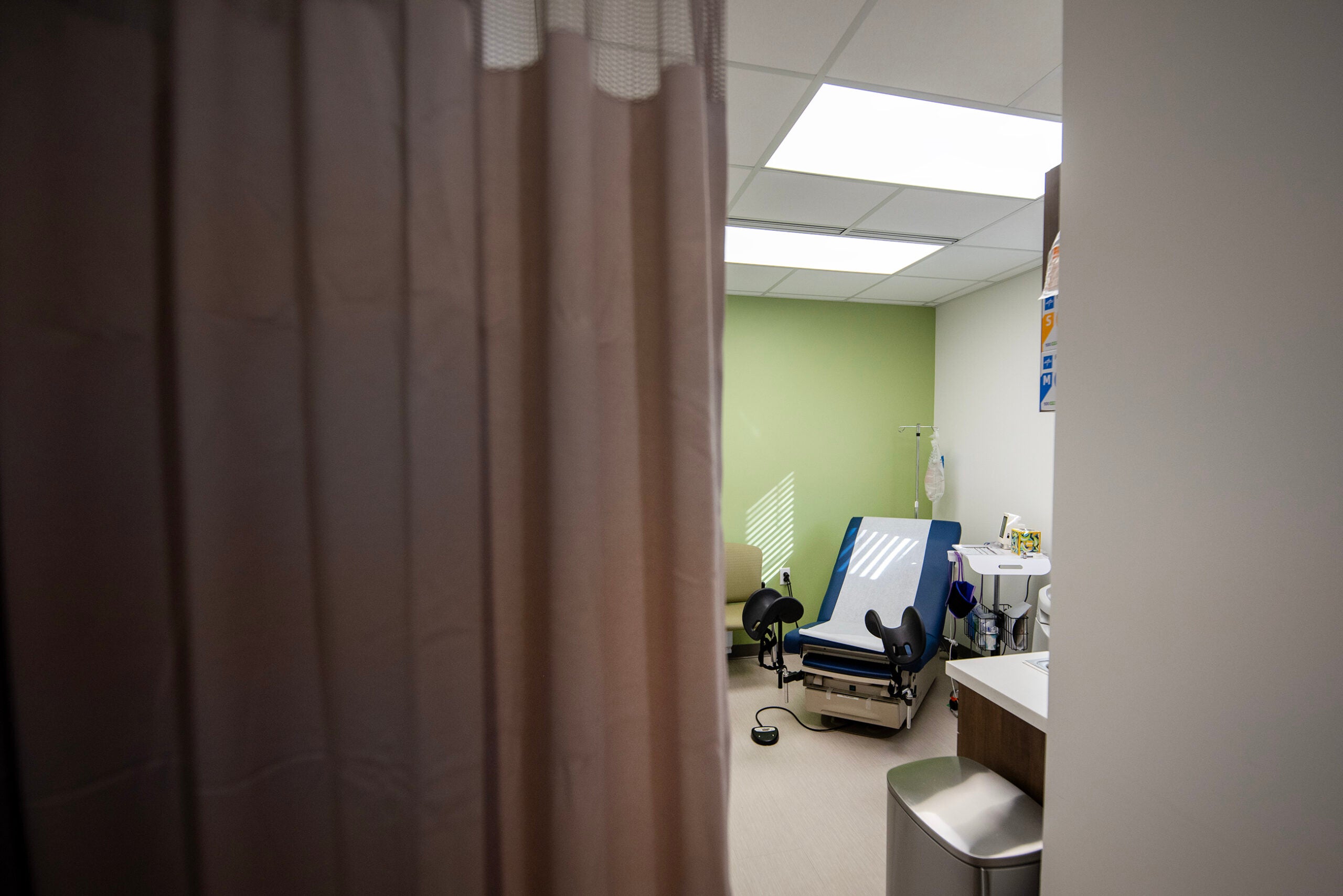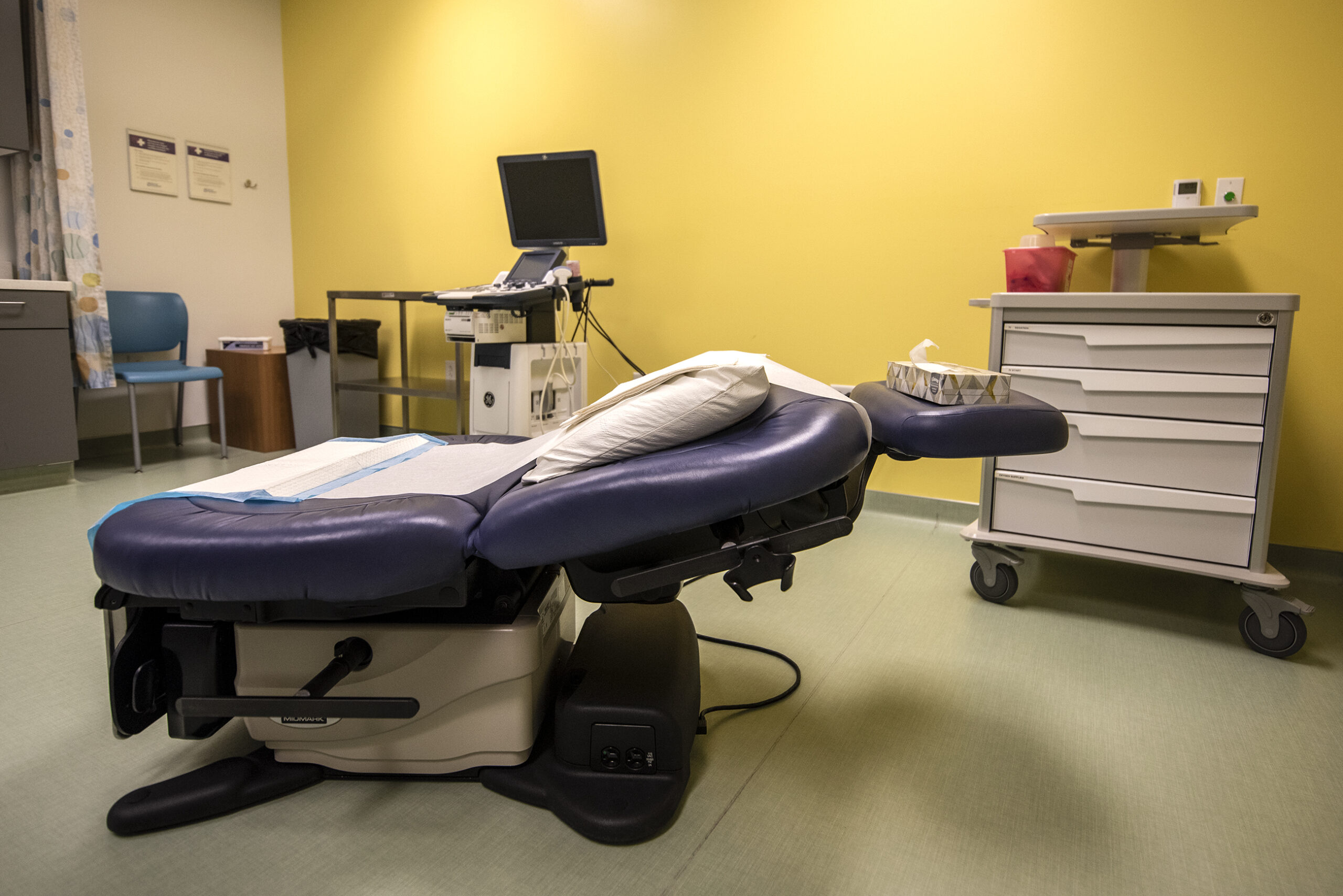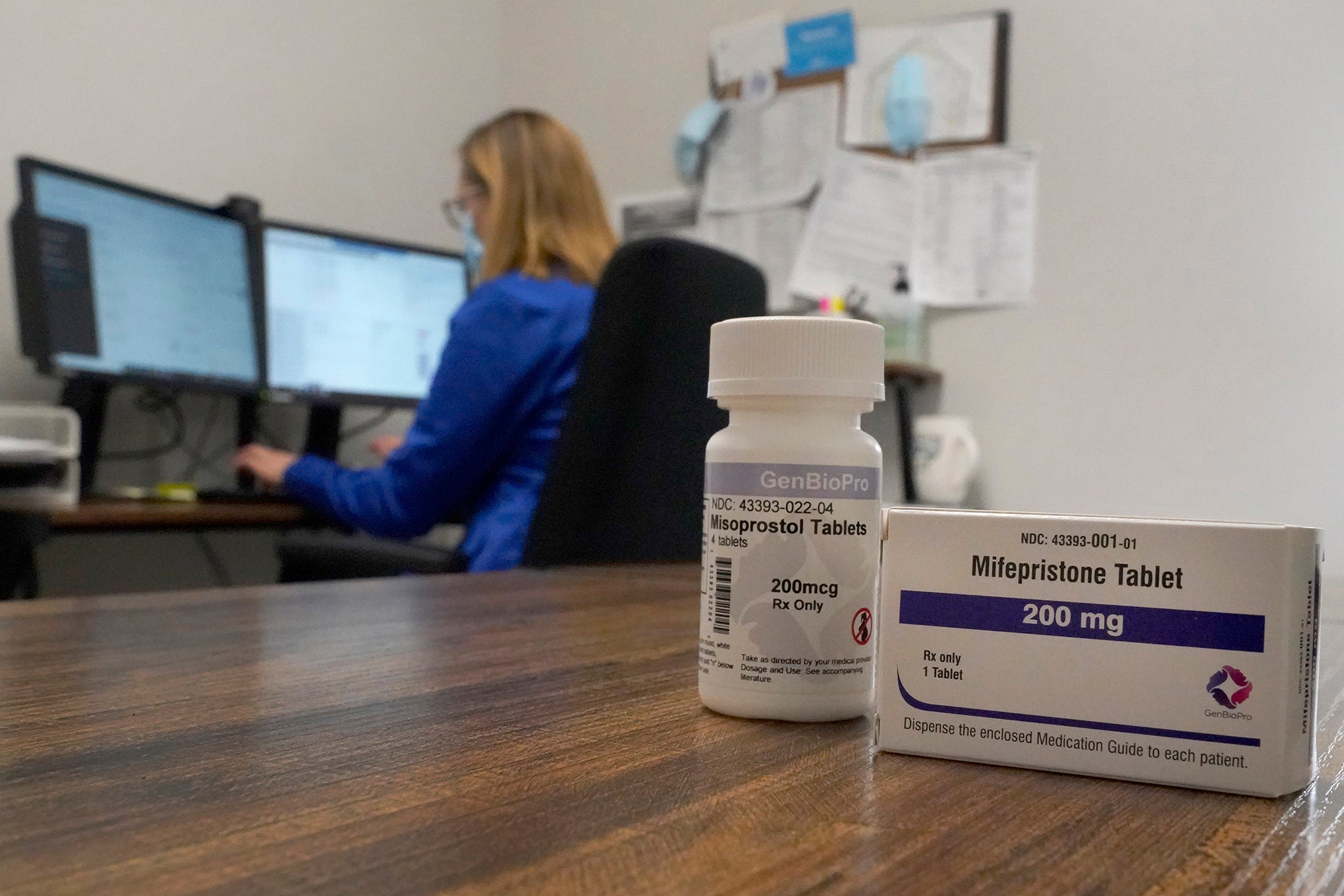Wisconsin law prohibits the use of telehealth for abortion services. But a new study shows a number of Wisconsinites are receiving abortion medication from other states.
Data from the organization #WeCount showed an average of about 130 orders for abortion medication being shipped to Wisconsin from providers in other states each month from last September to this June.
While it’s not clear if all of those orders resulted in completed abortions, they could constitute about one quarter of total abortions in the state.
News with a little more humanity
WPR’s “Wisconsin Today” newsletter keeps you connected to the state you love without feeling overwhelmed. No paywall. No agenda. No corporate filter.
The data comes from states with so-called “shield laws,” said Jenny Higgins, director of the Collaborative for Reproductive Equity at the University of Wisconsin-Madison. These laws give some legal protections to clinicians who offer abortion care by telehealth to people living in states with abortion bans or telehealth restrictions, she said.
“The shield law protects the clinician in that case,” she said. “Even though telehealth is technically banned in our state for the use of abortion care.”
When the U.S. Supreme Court overturned Roe v. Wade in 2022, all legal abortion services in the state were halted due to a law from the 1800s that was never taken off the books. More than a year later, a Dane County judge ruled that the law only bans feticide, not consensual abortions.
In light of that ruling, Planned Parenthood of Wisconsin resumed abortion services last September. The organization currently offers procedural and medication abortions at clinics in Milwaukee and Madison, and medication abortions only at its clinic in Sheboygan. A fourth abortion clinic, Affiliated Medical Services, reopened in Milwaukee in the spring.
Higgins said it’s particularly notable that even when abortions resumed in the state, the number of telehealth orders did not drop, but actually increased slightly.
“These telehealth services offer something really important to people, regardless of whether brick and mortar facilities offer care in our state,” Higgins said.
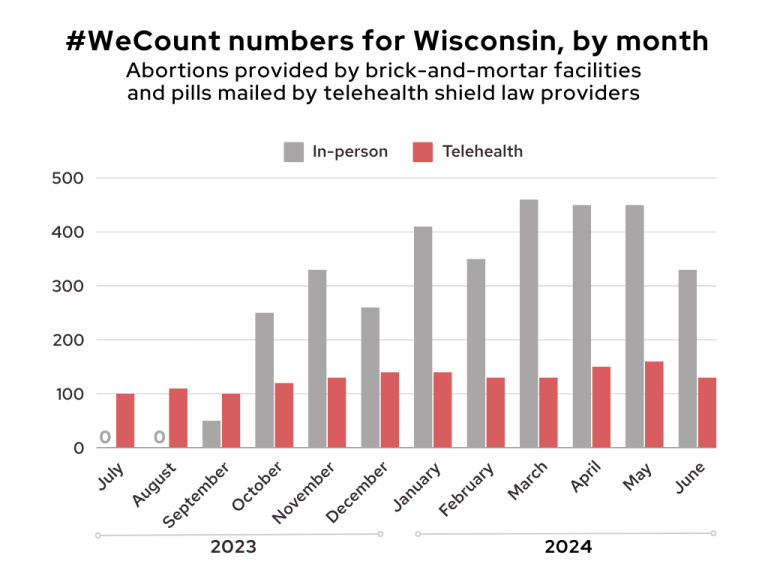
Higgins said even though in-person abortion services are available in the state currently, there are a number of reasons someone might seek the service via telehealth.
“Telehealth is a great choice for folks who lack access to care through physical distance or have other reasons that it might be hard for them to get in person to a brick and mortar facility,” she said.
Cost can also be a factor, Higgins said, as insurance typically does not cover abortion services. The cost of the procedure or medication, plus travel and child care expenses can add up, she said, but some telehealth providers work on a sliding scale or reduced rate.
“It’s too difficult for people to afford a $500 or $600 expense, but they can afford a $100 or $200 expense,” she said.
Some telehealth abortion providers have reported a sharp increase in orders for the medication since the Nov. 5 election, suggesting that some people may be attempting to stockpile the pills due to fears of further restriction. Higgins said she “absolutely expects” to see a bump in orders in Wisconsin.
The Wisconsin Supreme Court, which currently has a liberal majority, heard arguments last month in a case that could decide the future of abortion legality in the state.
Wisconsin Public Radio, © Copyright 2025, Board of Regents of the University of Wisconsin System and Wisconsin Educational Communications Board.



